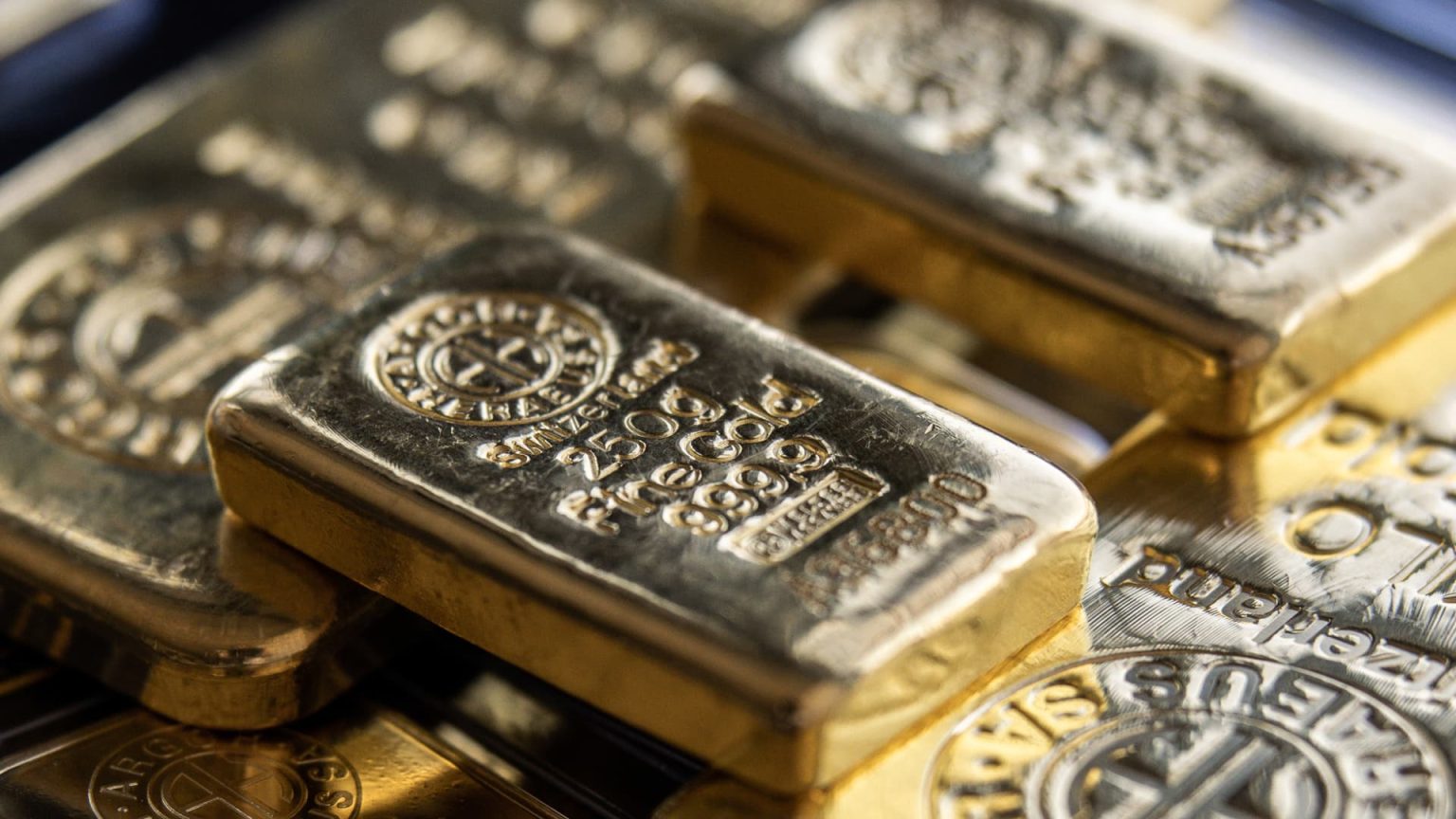Hedge funds and other money managers are increasingly turning to gold as a safe-haven investment option as the bullion continues to reach new highs in response to reaccelerating inflation. A new analysis from Citi shows that 83% of the largest money managers are long on precious metals, making it the consensus choice among investors overseeing more than $18 trillion in assets. Gold is the only commodity that these big allocators have consistently added to in the past month, with gold futures recently settling at a record high above $2,400 an ounce. This surge in gold prices has been driven by geopolitical risks and inflation concerns, with investors viewing gold as a reliable hedge due to its limited supply.
Professional speculators have also been increasing their net-long positions in gold futures and options, with their holdings near the highest level since 2020 as of April 9th, according to data from the Commodity Futures Trading Commission. David Neuhauser, founder of hedge fund Livermore Partners, has boosted his gold allocation to over 20%, including investments in gold miner stocks. Neuhauser sees gold as a crucial asset in the face of rising inflation and monetary disorder, predicting that the bullion could reach $3,000 in the coming years. Notably, hedge fund manager David Einhorn has made gold a significant part of his portfolio as a defense against potential market downturns caused by loose monetary and fiscal policies, owning both the popular SPDR Gold Trust fund (GLD) and physical gold bars.
HSBC Securities’ chief precious metals analyst James Steel attributes gold’s recent rally to a combination of safe-haven purchases and momentum buying. The record-high equities and ongoing inflationary pressures have led to increased interest in gold as a protective asset class among investors. Greenlight Capital’s David Einhorn also sees gold as a vital hedge against the risks posed by loose fiscal and monetary policies, expressing concerns about the country’s deficits and the potential impact on the economy. Einhorn is not alone in his bullish outlook on gold, as Deutsche Bank recently raised its gold price forecast to $2,400 an ounce by the end of this year and $2,600 by the end of 2025, citing sustained investment inflows as a key driver of prices.
Overall, the growing consensus among large money managers and professional speculators is to overweight precious metals, particularly gold, in response to market uncertainties and inflationary pressures. Gold’s status as a reliable inflation hedge and safe-haven asset has fueled its recent price rally to new highs above $2,400 an ounce. Investors like David Neuhauser and David Einhorn have significantly increased their exposure to gold as a defensive play against potential market downturns and monetary disorder. With favorable market conditions and enduring inflation concerns, gold is likely to continue attracting investment inflows and maintaining its status as a valuable asset for investors seeking stability and protection against market volatility.


